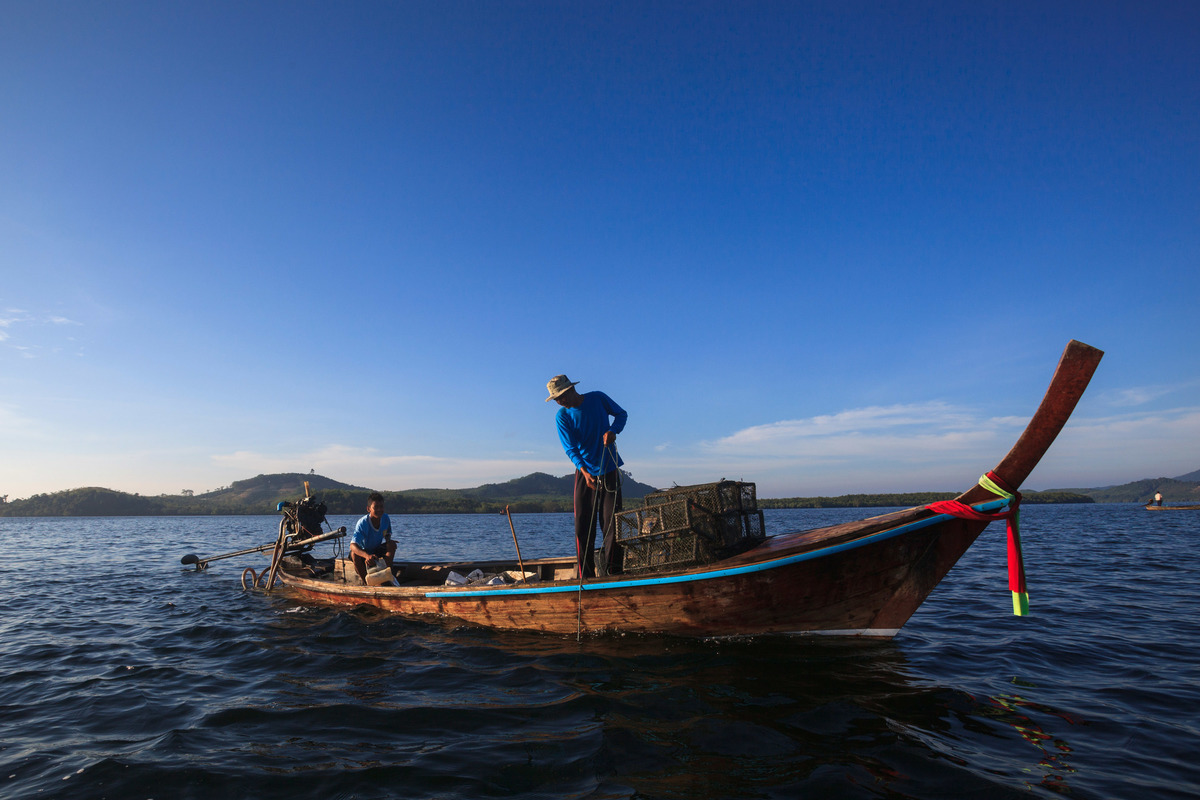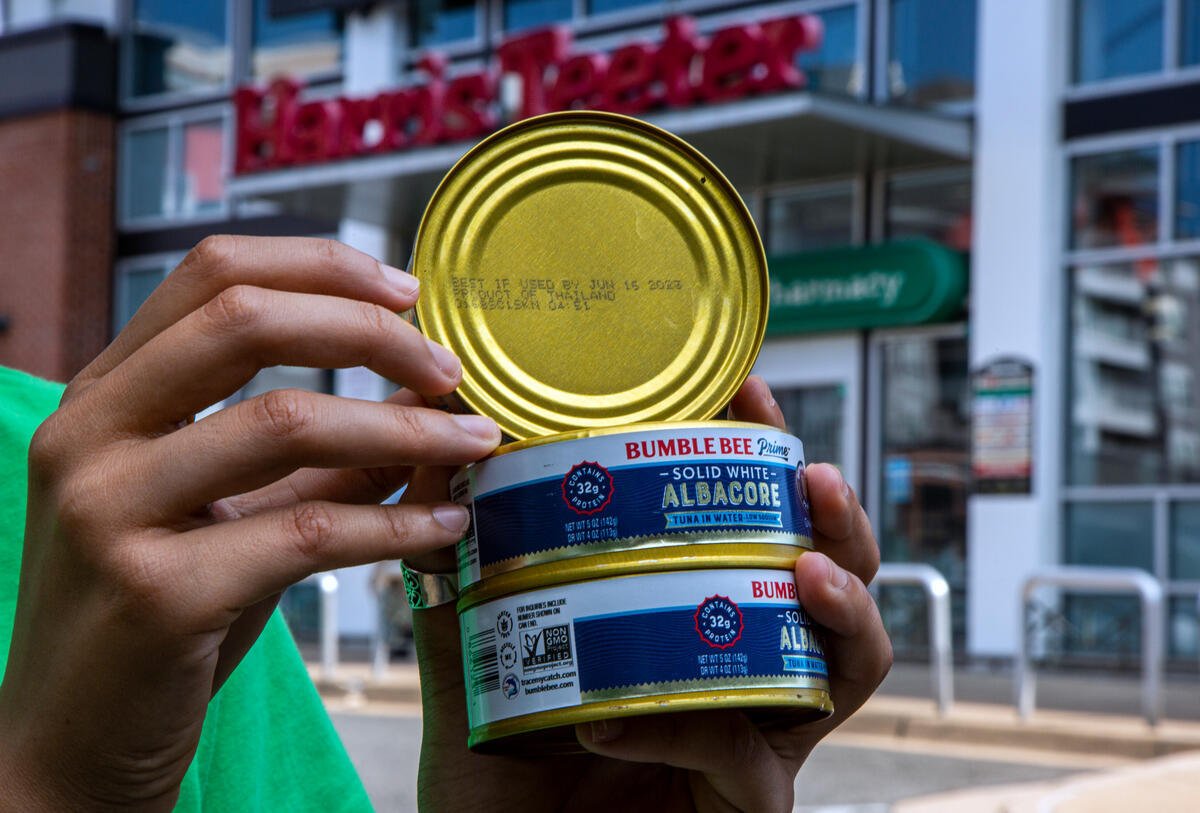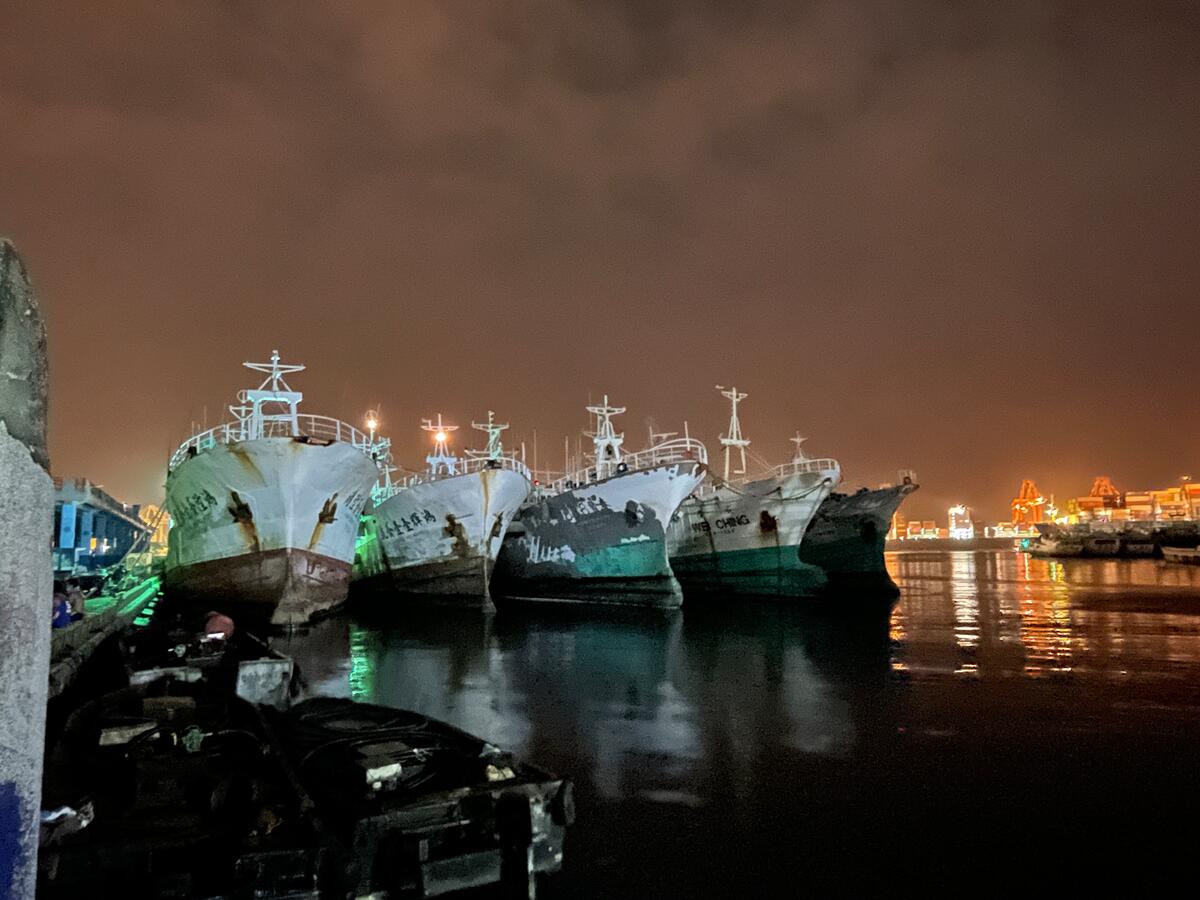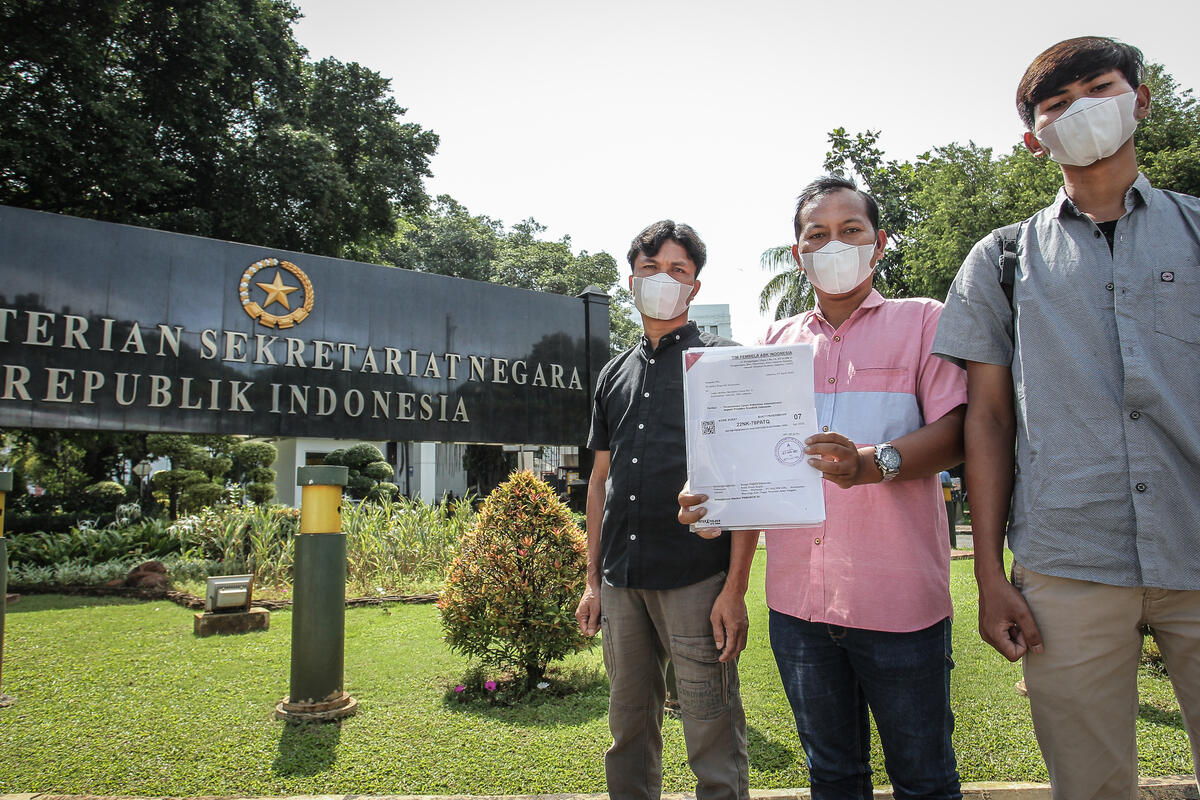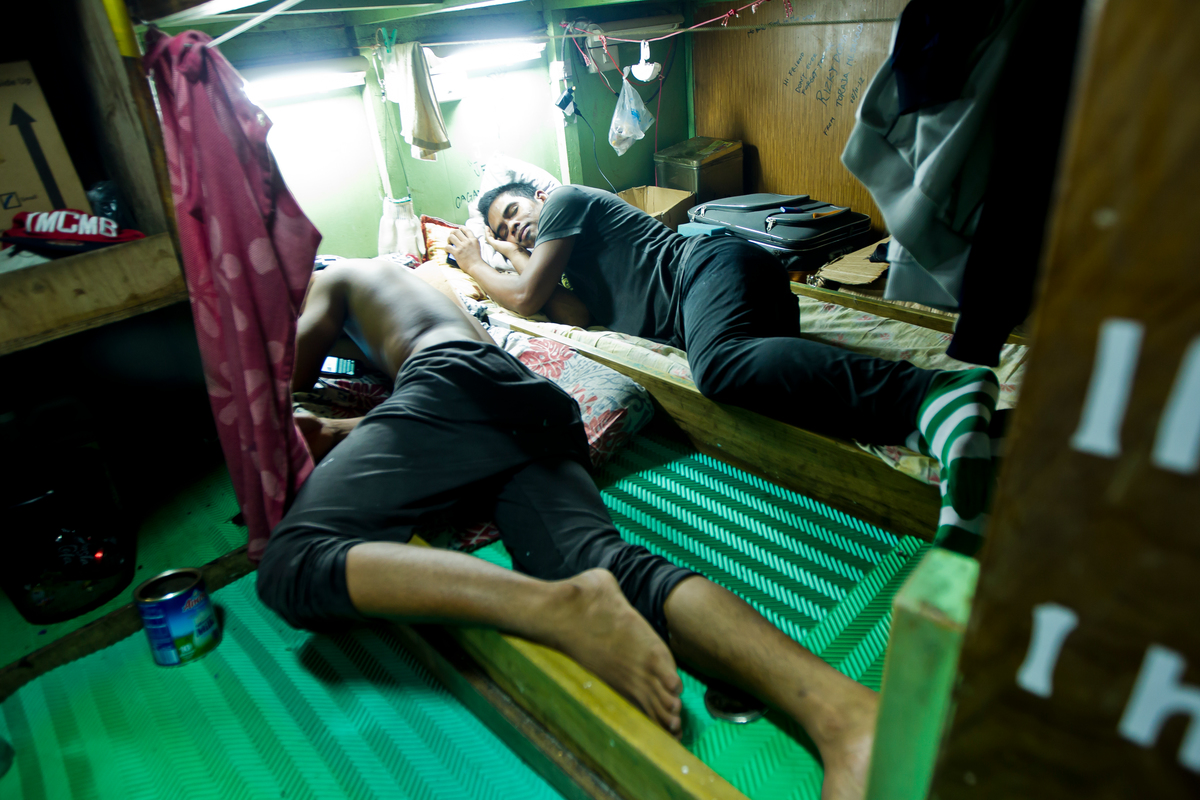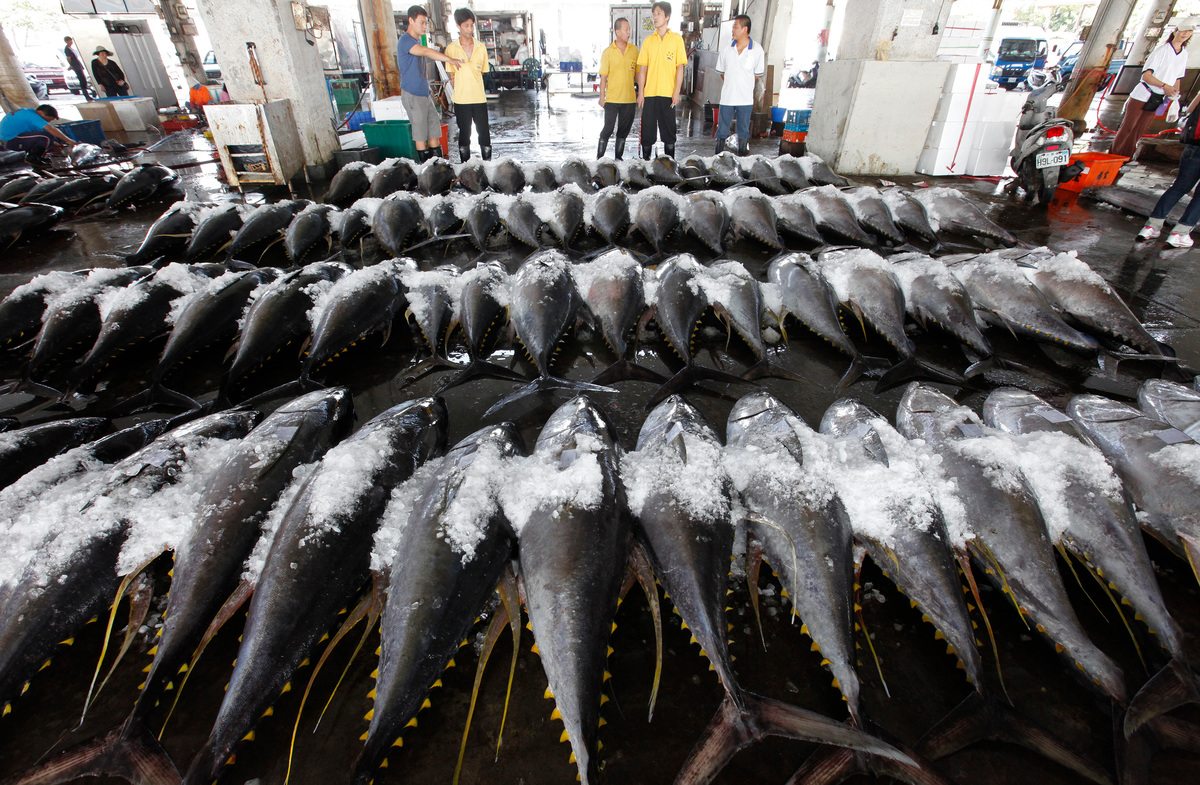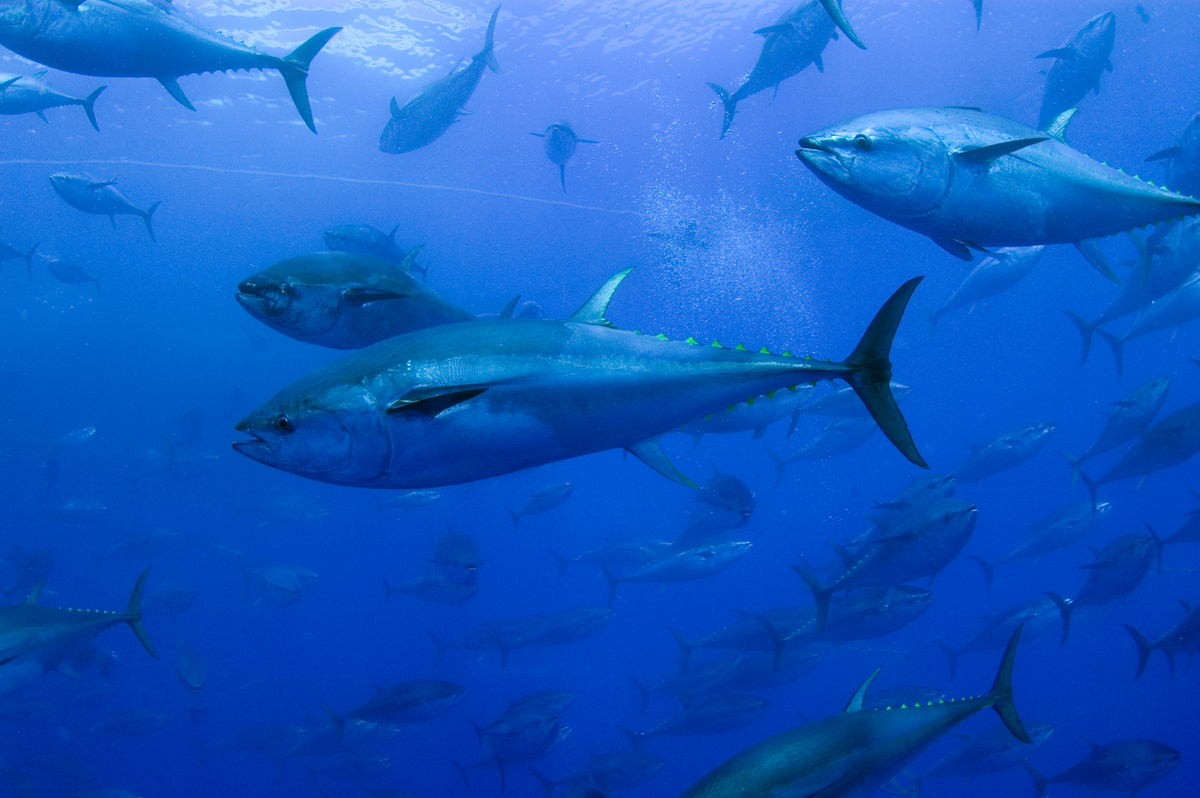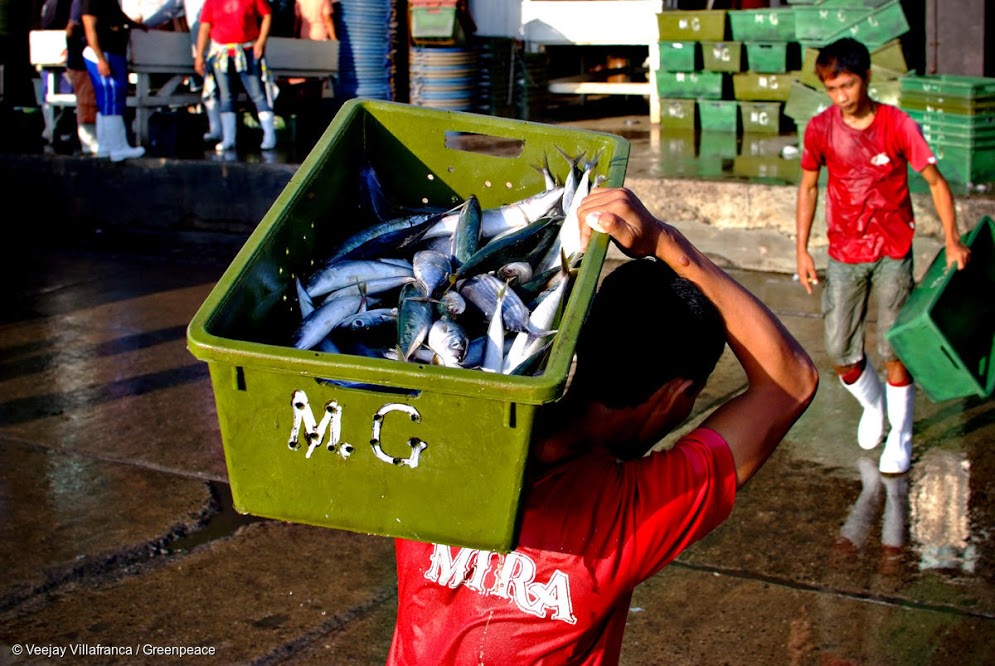All articles
-
Sailing 1,000 km to save Thai mackerels
To prevent Thai mackerel from going extinct, local fishers have campaigned against catching, selling, and consuming juvenile fishes.
-
How trustworthy are seafood brands…really?
For groups that have spent years monitoring and documenting human rights abuses in the seafood supply chain, it comes as no surprise that despite the claims and promises from seafood brands meant to instill consumer trust and confidence, that is not always the case.
-
Investigation finds suspected human rights abuse by suppliers of major US and Taiwanese seafood company – Greenpeace
Major US seafood brand Bumble Bee and its Taiwanese owner, tuna trader FCF, are suspected to have illegal fishing and human rights abuse in its supply chain, according to a new investigative report by Greenpeace East Asia.
-
Indonesian migrant fishers declare victory in new regulation that ensures their protection and rights
Indonesian migrant fishers have welcomed the recently ratified regulation that ensures their rights, protection, and employment on board foreign fishing vessels - a significant milestone towards curbing illegal, unreported, and unregulated fishing and abuse within the industrial fishing industry.
-
What’s keeping the unprofitable high seas fishing industry going? Simple: Forced Labour
As fish populations collapse and fishing vessels have to go further out at sea, transportation and refrigeration costs have increased. While these costs are fixed, labour costs are more flexible. This is especially true far out at sea, where isolation and lack of oversight render fishers – who are often migrants with few legal protections…
-
Nine people indicted for abusing crew members on Taiwan owned fishing vessel – Greenpeace response
The high seas fishing industry uses cost-cutting and illegal fishing tactics, forced labor, and other human rights abuses to stay profitable. This indictment on the nine people who worked on the Da Wang is indicative of a wider problem.
-
Organizations urge U.S. to block imports from Taiwanese seafood giant over forced labor concerns
FCF, which last year acquired major US tuna brand Bumble Bee Seafoods, has previously been accused of poor supply chain management with forced labor, human trafficking, IUU (illegal, unreported, and unregulated) fishing, and illegal shark finning via its vessels, as well as potential links to the deaths of a fishery observer and an Indonesian migrant…
-
Why World Tuna Day matters to all of us right now
World Tuna Day is here to remind us of the importance of how we, as a species, work within the boundaries of our environment: something we’re becoming acutely aware of now on a global scale.
-
We cannot afford fish that costs lives
Small-scale fisheries and traditional and subsistence fisherfolk all around the world are proving that there is a better way to catch and distribute seafood. It’s past time we look to them and demand a better normal for the world’s fisheries.
-
Better Normal in the Seafood Industry
Modern slavery and human rights abuses at sea are real and happening today, and the tuna industry is at the centre of this global scandal.

